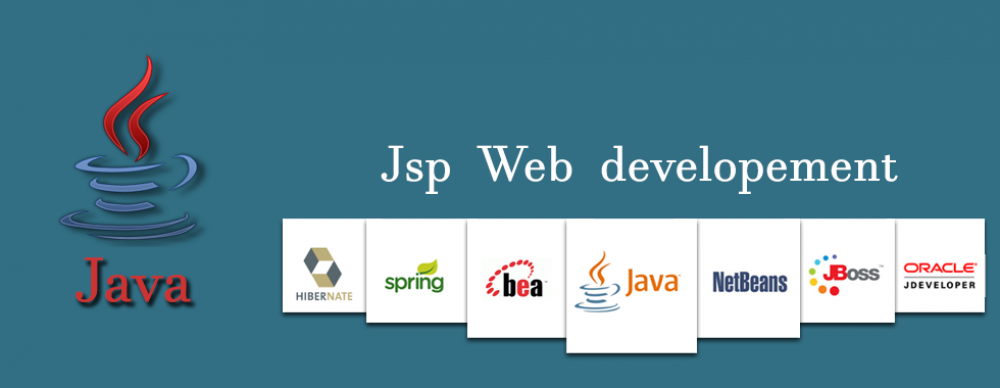
Things to note about JAVA Programming Language
What is Java?
Java, like Python or JavaScript, is a general-purpose programming language. Because the language is an object-oriented programming language, it is similar to C++ and C#.
In addition, Java is a platform, which means that Java code can run on any machine that contains a Java Virtual Machine (JVM). Originally, these two terms were synonymous, and the JVM supported only Java. However, since that time, a number of languages have been developed that run on the Java platform, including Scala, Groovy, a Ruby implementation called jRuby, and a Python implementation called Jython.
Origin of Java
Java was developed by a Sun Microsystems team and released in 1995. It was later acquired by Oracle.
A primary objective of the Java developers was to create a language that could run on consumer appliances – the designers were already envisioning a world in which code ran on your refrigerator or toaster – what we now refer to as the internet of things. We've only recently begun developing devices that benefit from such a language, so they were way ahead of their time in the mid-1990s. However, this objective drove a large portion of Java's architecture. One of its primary selling points was the ability to "write once, run anywhere," which meant that you could write a single piece of code and then compile it to run on any device.
Ironically, Java did not gain popularity for that reason; rather, its creators were able to capitalize on another development of the mid-1990s: the internet. Java included a feature that allowed for the creation of applets, small programs that ran inside of a web browser, and as the web gained popularity, Java rode the wave to unprecedented success and popularity. As a result, a large number of web applications were written in Java, despite the fact that this was not the intention of the language's creators.
Java's creators were heavily influenced by established programming languages such as C and C++, with which Java shares a great deal of syntactic similarity. They used these languages as a model for how not to do things, and as a result, certain features were explicitly left out of Java, as they had proven to be inconvenient for programmers using C and C++.
Statically-Typed Vs Dynamically-Typed
The Java programming language is statically typed, whereas Ruby, Python, and JavaScript are dynamically typed. Individuals frequently become quite passionate about the distinction between statically and dynamically typed languages.
If you've had any exposure to programming, you're probably familiar with the concept of a variable. In a dynamically typed language such as Ruby or JavaScript, you can declare a variable without specifying the type of data to store in it. The variable is dynamic; it could be anything – a number, a sentence, or something else entirely.
When working with data in a statically typed language such as Java, we must declare what each variable will contain. For instance, this variable will contain numbers; another will contain text; yet another will contain dates; and so forth. This means that a statically typed language has a little more structure than a dynamically typed language. Certain errors that a programmer can make can be detected by the development tools we use with Java before the program is even run. In contrast, when working with a dynamically typed language such as Ruby or JavaScript, you are unaware of a problem until the code is run and fails in some way.
Which Languages Has Java Given Rise To?
On the one hand, some of the JVM-based languages, such as Scala and Groovy, were developed specifically for use in the Java environment. One could argue that Java played a significant role in the development of C#. Microsoft's C# programming language was developed after Java and undoubtedly drew inspiration from it. C# also aided in the improvement of Java, so the two languages have influenced one another.
What Is The Difference Between Java And JavaScript?
Java and JavaScript have no technical relationship at all. JavaScript was originally called LiveScript and was developed by Netscape in the mid-1990s. Because nobody was using it, Netscape saw Java gaining so much attention and hype and effectively rebranded LiveScript as JavaScript in order to siphon off some of that excitement. And it succeeded – JavaScript gained popularity. However, from a technical standpoint, the two are unrelated; they simply share similar names. The only technical resemblance is that both use the C programming language for their syntax. As a result, if you are familiar with Java, it should be relatively simple to pick up JavaScript, and vice versa.
Is Java a Good First Coding Language for Beginners?
Java is an excellent first programming language for a variety of reasons:
Because Java has existed for such a long period of time, it is extremely well established. There are numerous excellent books and online resources.
Because there are probably more Java programmers than any other type of programmer in the world, a large number of people are already familiar with Java, and it's easy to find mentors and helpers.
Because Java derives its syntax from C, and a large number of other languages also derive their syntax from C, learning a language like Javascript, C#, or C++ is significantly easier.
Because it is an object-oriented language, many of the fundamental concepts learned in Java are transferable to other programming languages.
Courses and Certification
Apache POI (Powerpoint) Course and Certificate
JAVA Enterprise Edition Course and Certificate

